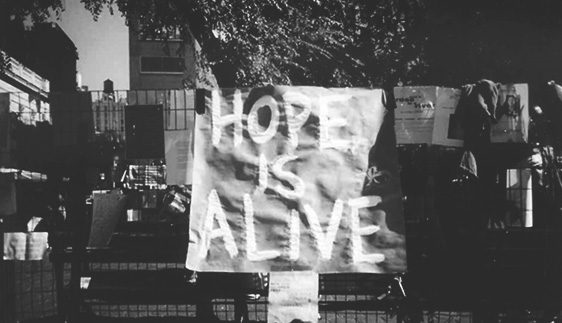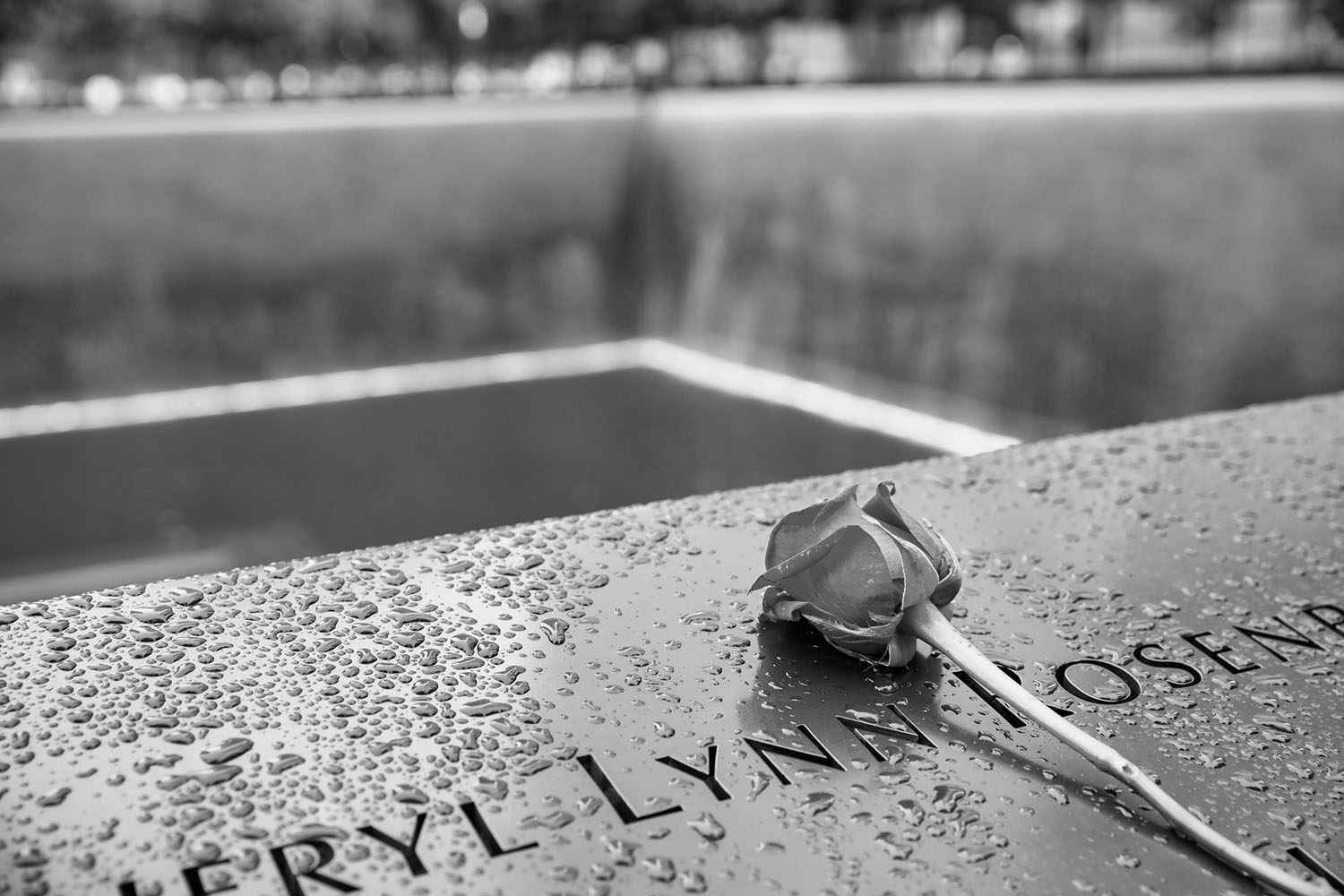What happened on 9/11?
On September 11th, 2001, Al-Qaeda hijackers flew planes full of passengers into the Twin Towers, the Pentagon, and a field in Pennsylvania in a concerted effort to attack American citizens.
This was the first time that a large-scale terrorist attack exposed America’s vulnerabilities, killed thousands of innocent people, and caused collective trauma and mourning nationwide. These tragic events directly impacted New Yorkers and people in Washington, D.C., and Pennsylvania. Beyond that, the traumatic events became a workplace mental health public health emergency—whether the employees were in Manhattan or in faraway states like Florida, Texas and California. The entire country suffered.
Assessing Employee Mental Health Trauma After the World Trade Center Attacks
R3 provided behavioral health first responders at Ground Zero in the aftermath of the attacks in New York City, sending in a task force of crisis consultants to act as the “EMTs of psychological first aid” for those impacted by the events, including rescue workers and other employees.
In the short-term following the WTC attack, R3 provided behavioral health advocacy and support to more than 300 companies and their impacted employees nationwide. Their locations included New York City, Washington D.C., Pennsylvania, New Jersey, Los Angeles, Chicago, and more.
How to Support Employees after a Crisis: Psychological First Aid
The impact of the 9/11 terrorist attacks was most felt in the cities where the attacks took place. However, the entire nation’s well-being was impacted by the events of 9/11 and by the heartbreaking recovery efforts by emergency management teams. Many people lost loved ones, including family members, friends, and coworkers.
Nationwide, people who worked in high-rise towers were afraid to return to their buildings, including working groups with offices in the Sears (now Willis) Tower in Chicago—one of the tallest buildings in the world. Many people struggled to feel safe returning to work after the attacks and dealt with posttraumatic stress disorder and other mental health problems. To help them draw on their resilience and thrive in the post-9/11 new normal, they received recovery support assistance programs from R3.
More than ever before, it became clear to both employers and the American public that psychological first aid was critical to helping the nation and its people recover following 9/11. The 9/11 terrorist attacks forced the country to address the need for behavioral health support within the workplace. R3 had the ability to provide this unique kind of support, different from typical counseling.

R3’s Jeff Gorter, Vice President of Crisis Response Clinical Services, was in New York directly responding to the Sept. 11 terrorist attacks. The most emblematic story Jeff shares from his experience describes when he saw a sign hanging on a metal fence, in stark juxtaposition to the other signs posted around it, hung by New Yorkers looking for missing loved ones they had lost in the aftermath of the terrorist attacks. In bright white paint, the message on the sign couldn’t be missed: “HOPE IS ALIVE.” For Jeff, this was one of the most striking examples of human resilience he had ever seen.
How Behavioral Health Starts the Road to Recovery
We will never forget the 9/11 terrorist attacks. The terrible acts on that day caused immense pain and grief across the nation. Many citizens feared future terrorist attacks, leading to shifts in travel, changes in workplaces within tall buildings, etc.
R3’s crisis counselors served as witnesses to the pain that the people who were impacted by the attacks were experiencing. Bearing witness and helping struggling people know they are seen and heard is crucial to the immediate behavioral health care needed following workplace trauma like a terrorist attack. Many people couldn’t process what had just happened and were in shock and disbelief, not wanting to truly believe they had just lost someone or that a loved one hadn’t made it home from work that day. In a time of despair, people need someone who can restore even the tiniest sense of hope within them. The crisis counselors’ job was to do just that.
R3’s support also helped those fearful of returning to “normal” at their workplace return to work, something they may have struggled with had it not been addressed.
We hope there is never another 9/11, however, the reality is that terrorist attacks can and will continue to happen. But recovery is a choice. Be prepared to support your people before disaster strikes.
Learn how you can do so through R3’s disruption response and recovery support.

